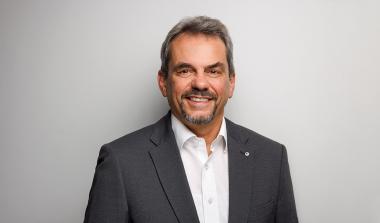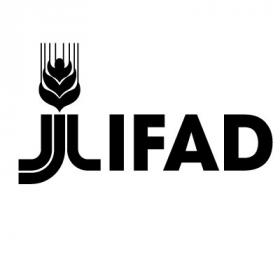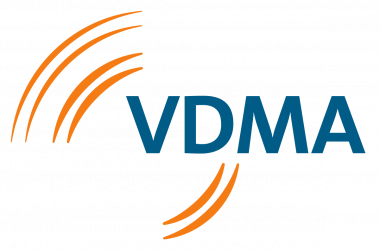DITF: Thomas Stegmaier appointed Sustainability Officer
The EU directive on the further development of sustainability reporting (CSRD) poses major challenges for companies and the public sector. Until now, the regulations have only applied to large capital market-oriented companies. However, far-reaching changes to sustainability reporting are expected when the CSRD is transposed into national law in 2024. The German Institutes of Textile and Fiber Research (DITF) are facing up to this challenge of external reporting and at the same time the responsibility for sustainable and resource-conserving science. The Textile Research Center has therefore set up a specialist department reporting to the Executive Board.
The DITF are reaffirming their commitment to sustainability with the appointment of the previous Head of the Competence Center Textile Chemistry, Environment & Energy, Dr.-Ing. habil. Thomas Stegmaier, as Chief Sustainability Officer (CSO). In addition to this new role, Stegmaier will continue to provide his expertise to the Competence Center Textile Chemistry, Environment & Energy as Deputy Head.
The task of the Chief Sustainability Officer is to develop solutions to reduce the DITF's energy and resource consumption, promote renewable energies and implement efficient energy use. The management team, the operational organizational units and all employees are involved in the process.
The CSO also acts as a driving force for both the Executive Board and the research departments to promote sustainability issues.
DITF













